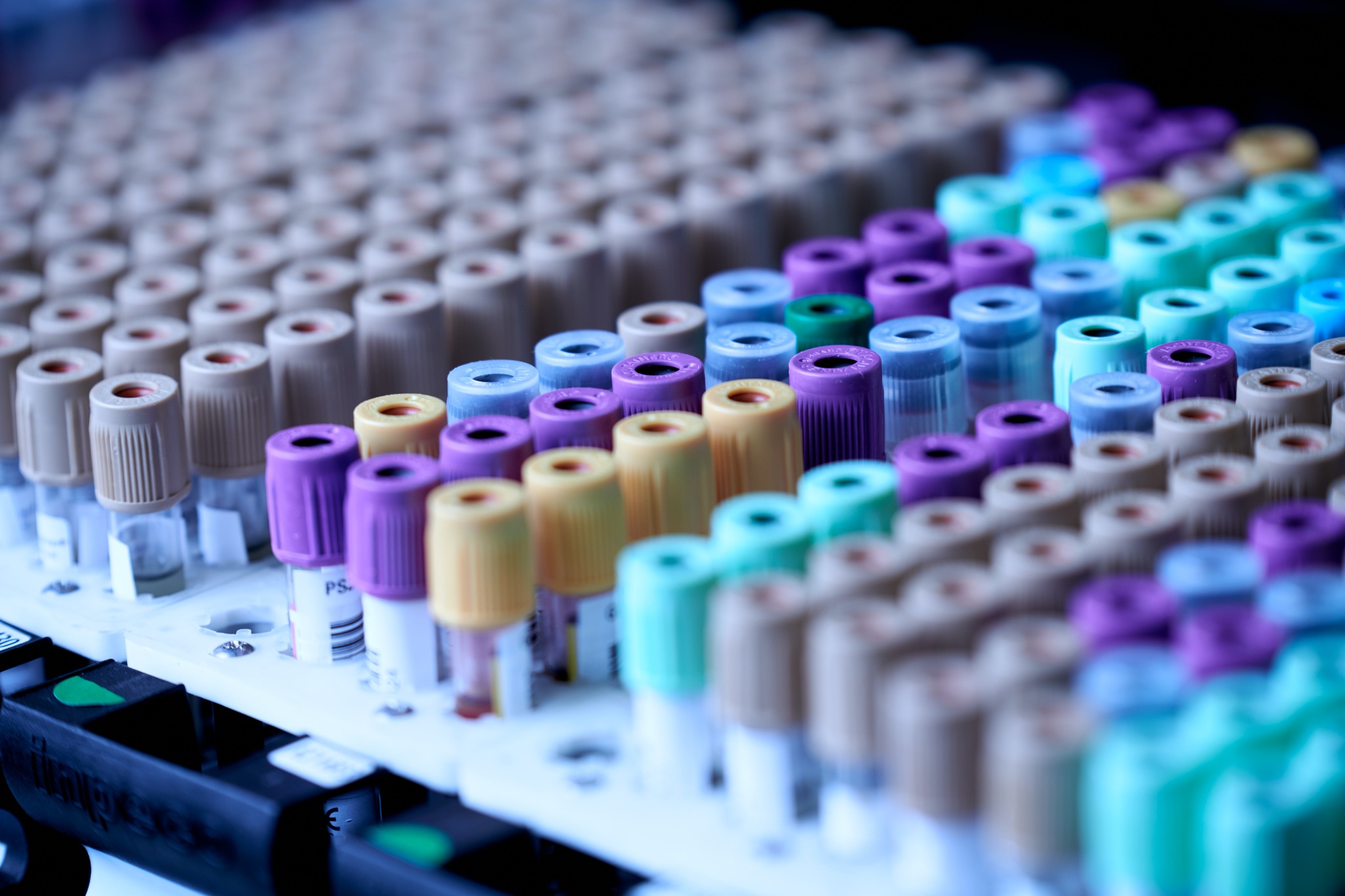Sweden's New Blood Donation Rules for LGBTQ+ Men Draws Mixed Responses
Like most summers, there will also be a blood shortage in Sweden this summer. Today around 3 percent of the population regularly donates blood. According to the National Board of Health and Welfare, the amount of people donating blood must double to solve this recurring problem.
One of these recommendations to increase that amount is to loosen some of the restrictions for LGBTQ+ men who want to donate blood. Today, homosexual men need to wait at least six months after their latest sexual encounter before they’re allowed to donate, a decrease from the earlier requirement to wait twelve months.
The restriction has been criticised because it doesn’t make any exceptions for homosexual men in monogamous relationships, despite this group having a lower risk for transferring infections through blood.
The National Board explains that they have these rules due to the increased risk of HIV among men who have sex with men, based on statistics from the Public Health Agency. However, all donated blood is tested for infections regardless of sexual orientation, which makes the requirement seem obsolete.
Linda Savolainen, utredare på Socialstyrelsen, förklarade att uppskovstiden inte är till för att diskriminera HBTQ-män, utan att under denna period är det möjligt att upptäcka en HIV-infektion genom tester. Liknande restriktioner finns även för personer som nyligen har gjort en tatuering eller genomgått en operation.
Linda Savolainen, researcher at the National Board, explained that the deferral period isn’t meant to discriminate against LGBTQ+ men, only that it is during this period that it becomes possible to detect HIV through testing. There are similar restrictions for people who have recently gotten a tattoo or had an operation.
The National Board of Health and Welfare is now conducting a study that could decide whether these restrictions can be loosened. The new study, conducted in partnership with the Public Health Agency, is seeking to investigate the risk level for homosexual men in monogamous relationships. Although, they have had to postpone the study due to the ongoing pandemic. The goal of the study is to conclude whether these men in exclusive relationships could be exempted from the deferral period because they individually have a low risk of spreading infection despite belonging to a risk group.
If the current regulations can be relaxed then more people who have expressed interest in being blood donors would be able to donate. This would then strengthen the country’s preparedness against future blood shortages and make the goal of doubling the number of blood donors much more achievable.

Post a comment